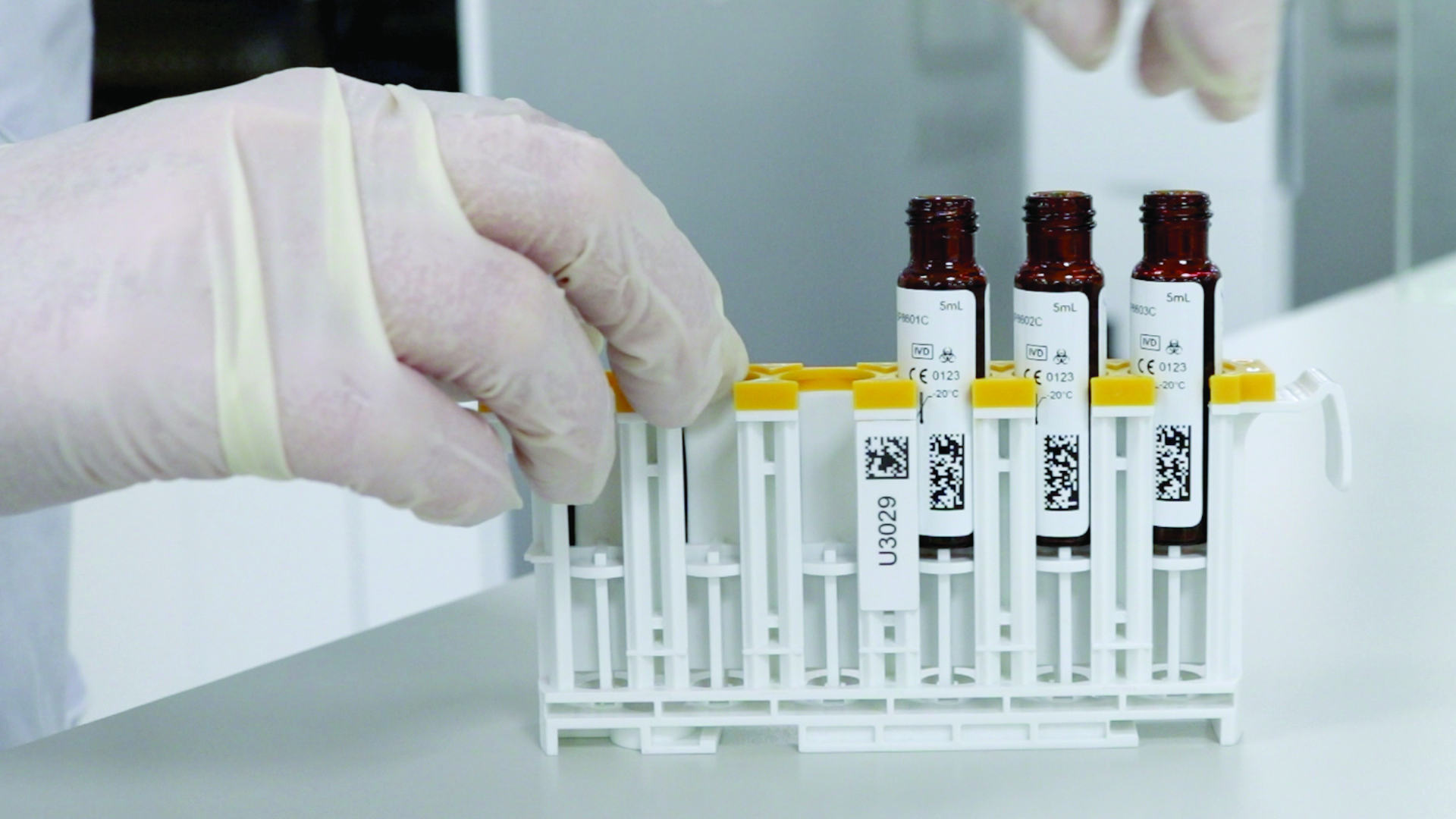The Importance of Using Third Party, Independent Quality Controls
The medical laboratory is essential to patient care; activities are provided within an ethical and governance framework, that recognizes the obligations of healthcare providers to the patient.
ISO 15189:2022 is an international standard that specifies the “requirements for quality and competence in medical laboratories”. The objective of the standard is to promote the welfare of patients and satisfaction of laboratory users through confidence in the quality and competence of medical laboratories.
 This standard contains requirements for the medical laboratory to plan and implement actions to address risks and opportunities for improvement. Benefits of this approach include: increasing the effectiveness of the management system, decreasing probability of invalid results, and reducing potential harm to patients, laboratory personnel, the public and the environment.
This standard contains requirements for the medical laboratory to plan and implement actions to address risks and opportunities for improvement. Benefits of this approach include: increasing the effectiveness of the management system, decreasing probability of invalid results, and reducing potential harm to patients, laboratory personnel, the public and the environment.
ISO 15189:2022 recommends that “The use of third-party IQC material should be considered, either as an alternative to, or in addition to, control material supplied by the reagent or instrument manufacturer”.
Choosing a control material is as important as choosing an instrument, method, and assay. Laboratories need to consider multiple factors when selecting quality controls. One key consideration is the ability of the control to correctly monitor the performance of the method on the basis of the inherent analytical quality of an assay.
Control material may be provided by the instrument manufacturer or by an independent control manufacturer. The control materials provided by the manufacturer of the instrument or reagents are often referred to as “kit” controls. The control materials provided by an independent manufacturer are often referred to as “third party” controls.
 The term “third party” is used to describe a quality control product that helps provide an independent assessment of a diagnostic device or method, and is not calibrated for any specific instrument or reagent system. Third party controls are manufactured independently of the test system calibrators and reagents. Ideally controls should be developed with a human base matrix, which helps provide a product analogous to a patient sample.
The term “third party” is used to describe a quality control product that helps provide an independent assessment of a diagnostic device or method, and is not calibrated for any specific instrument or reagent system. Third party controls are manufactured independently of the test system calibrators and reagents. Ideally controls should be developed with a human base matrix, which helps provide a product analogous to a patient sample.
To learn more about the benefits of choosing LGC Clinical Diagnostics’ quality control products in relation to ISO 15189 accreditation, click here.


